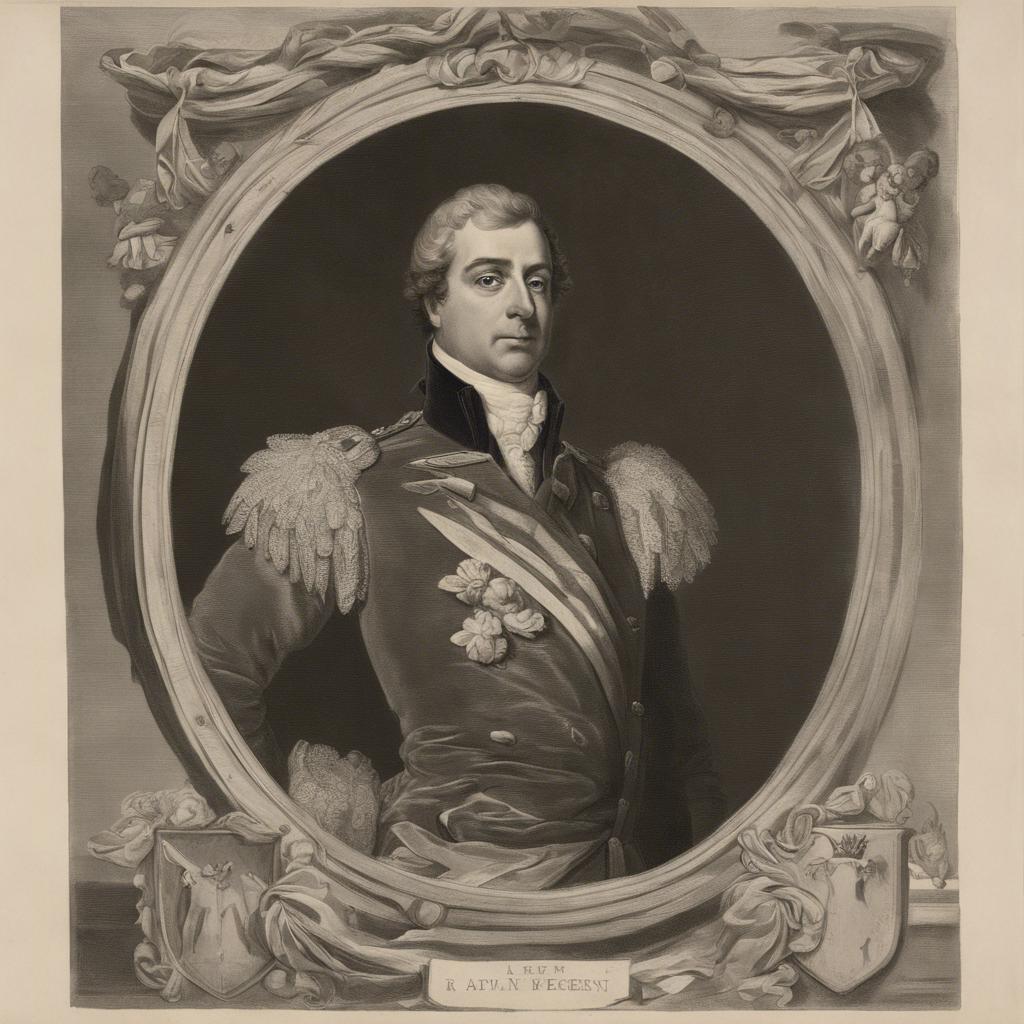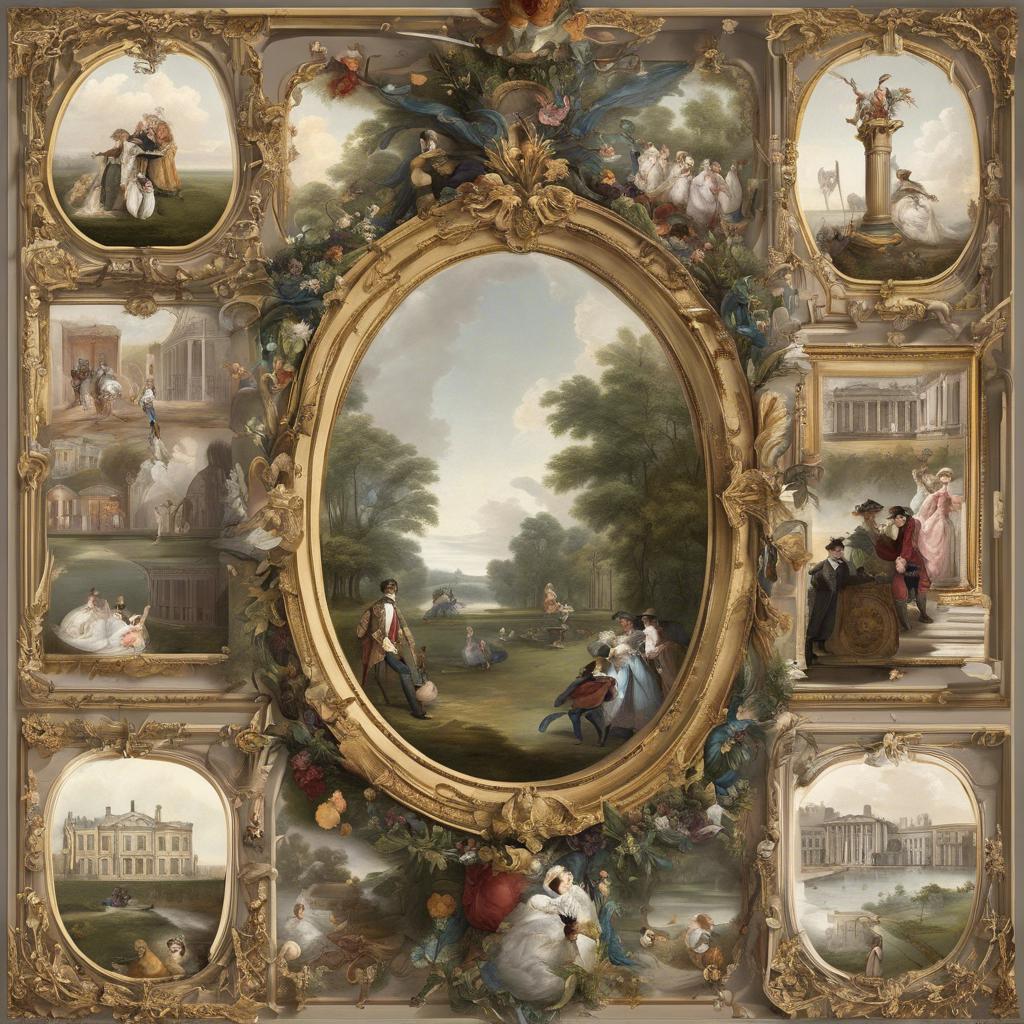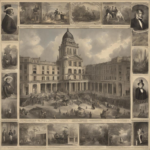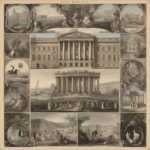The Regency era, a period of British history characterized by political instability and cultural innovation, began in 1811 with the Prince of Wales assuming the role of regency era last”>regent due to the mental illness of his father, King George III. This pivotal moment in British history raised questions about the monarchy’s constitutional role and set the stage for significant social and political changes. In this article, we will explore the circumstances that led to the onset of the Regency era and the lasting effects it had on British society.
Step Into the World of Cheryl Bolen
Dive into the enchanting stories of love, intrigue, and elegance set in the Regency Era. Cheryl Bolen's novels offer timeless romance and captivating tales that will leave you wanting more.
Explore Cheryl Bolen's Books Now
The Prince Regent Assumes Power
With the mental incapacity of King George III due to his illness, the reins of power during the Regency Era were taken over by his son, the Prince Regent, who later became King George IV. This shift in power marked the beginning of a new era in British history, characterized by unique social, cultural, and political developments.
Several factors contributed to the Prince Regent assuming power, including:
- The King’s ongoing struggle with mental illness, which made it necessary for a regent to govern in his place.
- The political instability in Britain at the time, with various factions vying for influence and power.
- The Prince Regent’s own desire to exercise authority and make his mark on the country.
| Event | Date |
|---|---|
| Prince Regent assumes power | 1811 |
| King George III’s death | 1820 |
Social and Political Turmoil
In the early 19th century, England was facing significant that would eventually lead to the start of the regency era. The main factors that contributed to this turbulent period included:
-
Napoleonic Wars: The ongoing conflict with France under Napoleon Bonaparte put a strain on the British economy and society. The need for resources and manpower for the war effort led to high taxes, inflation, and social unrest among the lower classes.
-
Mad King George III: The mental illness of King George III, which incapacitated him for much of his reign, left a power vacuum at the top of the British government. This instability at the monarchy level contributed to political uncertainty and allowed for the rise of influential figures like the Prince Regent.
-
Industrial Revolution: The rapid industrialization of England during this time period brought about major social and economic changes. The growth of cities, the rise of the factory system, and the displacement of workers from traditional industries all contributed to widespread discontent among the population.
the combination of war, royal instability, and industrialization created a perfect storm of circumstances that paved the way for the regency era to begin in England. During this time, the Prince Regent ruled as proxy for his ailing father, overseeing a period of significant cultural, social, and political change in British society.
Influence of King George IIIs Illness
| Reasons for the Start of the Regency Era |
|---|
| 1. Influence of King George III’s Illness |
King George III’s illness, suspected to be porphyria, played a significant role in the start of the Regency Era. As the king’s mental and physical health deteriorated, he became unable to carry out his duties effectively. This led to a power vacuum in the government, which resulted in the need for a regent to rule in his place.
The Prince of Wales, George IV, was appointed as the regent in 1811, marking the official beginning of the Regency Era. During his regency, the Prince of Wales exhibited extravagant and controversial behavior, earning him a mixed reputation among the British public and leading to political tensions within the government.
King George III’s illness not only paved the way for the Regency Era but also had lasting effects on British politics and society during this period. The regent’s rule brought about changes in fashion, architecture, and cultural norms, setting the stage for the Victorian Era that would follow.
Implications for British Society and Governance
In the early 19th century, the regency era in Britain began due to the illness of King George III, whose mental health had deteriorated significantly. As a result, the Prince of Wales, later known as King George IV, was appointed as the Prince Regent to rule in his father’s place. This marked a significant shift in British society and governance, as the Prince Regent brought a new sense of style and extravagance to the royal court.
During the regency era, British society saw a rise in social gatherings, cultural developments, and political reforms. The Prince Regent was known for his lavish parties and patronage of the arts, which led to a flourishing of literature, architecture, and design. This period also saw the emergence of radical political movements, as calls for parliamentary reform and the abolition of slavery gained momentum. The regency era ultimately paved the way for significant changes in British society and governance, setting the stage for the Victorian era to follow.
In terms of governance, the regency era brought about important constitutional changes in Britain. The Regency Act of 1811 established the legal framework for the Prince Regent to exercise the powers of the monarch in his father’s stead. This period also saw the passing of key legislation, such as the Slave Trade Act of 1807, which abolished the transatlantic slave trade. the regency era left a lasting impact on British society and governance, shaping the course of history for years to come.
Key Takeaways
the Regency Era began as a result of King George III’s illness and subsequent incapacity to rule. The Prince of Wales was named as his regent, starting a period of elegance, opulence, and cultural revitalization in British society. The era is characterized by its unique blend of political, social, and cultural influences, and its impact can still be felt in various aspects of modern society. By examining the reasons behind the start of the Regency Era, we gain a deeper understanding of this pivotal period in history and its lasting significance.


